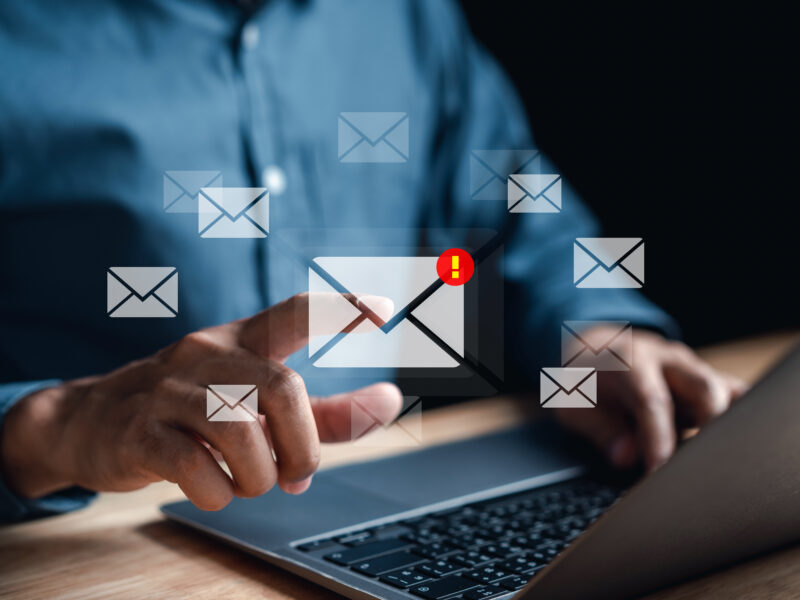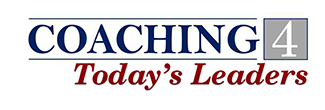
“Half the leaders I have met don’t need to learn what to do. They need to learn what to stop.”—Peter Trucker, as quoted in What Got You Here Won’t Get You There by Marshall Goldsmith
I’ve read it before, but this quote really resonated with me recently. I thought, if that’s true, then maybe instead of making New Year’s resolutions about the things we’re going to do this year, maybe we should talk about what to stop doing.
What are we going to stop? One thing for me is checking email. Obviously, I’m not going to stop altogether, but I can certainly stop checking it so much. Here are a few ideas I’m exploring:
1. Stop letting email dictate my day.
How many mornings have I told myself, “I’ll just check my email quickly,” and then 45 minutes later I’m still there? Even if I started out with a list of things I wanted to work on, other people’s priorities soon took over. Can you relate?
Some people have set times each day (or even once a week!) to check email and the rest of the time they focus on their personal and professional goals and commitments. They often use an autoresponder, essentially telling people, “I’m busy doing what I need to be doing, and here’s when you can expect me to reply.”
I don’t know if I’m ready to do that, but I do want to consider when I want to check email, and when I want to stop checking.
2. Unsubscribe with abandon.
Another way I’m trying to set boundaries around email time is to get fewer emails to begin with. And that means unsubscribing from newsletters, special offers, and other mass emails that don’t involve a direct conversation with someone I know.
Trying to do this all at once would be overwhelming. Instead, when I’m checking email anyway, I’m trying to think about each subscription and carefully consider whether I want to continue receiving those messages.
3. Separate work from personal email.
I may not want to check work emails during off hours, but that doesn’t mean I don’t want to hear from my friends about what fun plans I could join on the weekend. For a long time, my work and personal emails had been blended into the same account. Recently, I created a new email just for me as a person.
Instead of telling myself I can’t check email during off hours, I’m free to check this personal email and enjoy connections with friends and family when I’m not working. And I won’t have to see work-related requests or updates that I’m not in a position to deal with from my phone or when my head’s just not in work mode.
4. Unhunch.
Whether personal or work, I really do want to check email less on my phone, especially complex work emails that require more reading or typing. Doing this hunched over my phone can literally give me a pain in the neck.
When I’m at my standing desk in the office, my body is more aligned and comfortable, which is bound to affect how I come across to the recipient. I’m remembering Aesha Tahir’s message in an earlier post about the importance of unhunching ourselves, straightening up, and being more open.
5. Stand firm.
Even if you don’t have a standing desk, stand firm in your commitment to your own peace of mind and boundaries. Recently I noticed a work email, and since it was before 9:00 a.m., I decided to come back to it later. But shortly after, the same person sent a direct message on another platform.
This isn’t just an email issue; it’s about expectation. In any relationship, we teach people how to treat us and what to expect. But first, we must be clear in our own minds. (And no, I didn’t respond to either message until my work day started.)
This is not the first time I’ve resolved to change my email habits, and it probably won’t be the last. They don’t call them habits for nothing! Many great minds have offered theories on how habits are formed and tips for us to create more positive ones. Let’s be kind to ourselves because this is challenging work.

 No-Pressure December
No-Pressure December